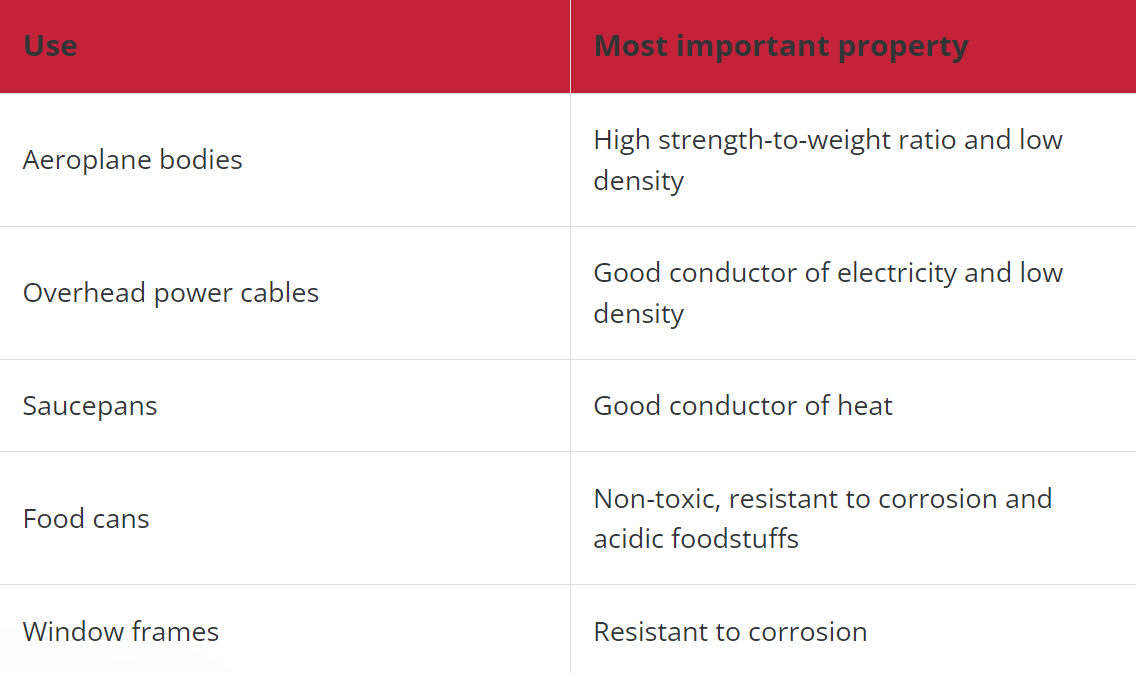Chemistry uses of metals M8 Y10
1/15
There's no tags or description
Looks like no tags are added yet.
Name | Mastery | Learn | Test | Matching | Spaced |
|---|
No study sessions yet.
16 Terms
What is a metal
A metal in chemistry is defined as an element that can easily form positive ions called cations and tends to participate in metallic bonding.
What does it mean to be malleable
If something is malleable, it means it can be hammered or pressed into shape easily, without breaking or cracking.
What does it mean to be ductile
They are able to be drawn out easily into a thin wire.
What does it mean by good conductors of electricity
Most metals are great conductors of electricity because they have delocalised electrons. The best conductors of electricity are copper, silver, and gold.
What does it mean by metals forming ionic compounds
An ionic compound is a chemical compound composed of ions held together by electrostatic forces.
What are the properties of metals
Malleable
Ductile
Good conductors of heat
Good conductors of electricity
They form ionic compounds
What does it mean by non-metals having low melting and boiling points?
Non-metals have much lower melting and boiling points compared to metals. This means that at room temperature, a lot of non-metals are either liquids or gases. The reason for this is that non-metals are held together by weak inter-atomic forces of attraction that can be broken easily by heat
What does it mean by non-metals forming ionic and covalent compounds
An ionic compound consists of a metal and a non-metal bonded together. However, non-metals can also bond together with other non-metals to form covalent compounds.
What happens when a metal forms an oxide
Metals form basic oxides
Basic oxides react with acids to form salts.
What happens when non-metals react with oxides
Non metals form acidic oxides
What are neutral oxides
• Some oxides do not react with either acids or bases and thus are said to be neutral
• Examples include N2O, NO and CO
What are amphoteric oxides?
Amphoteric oxides are a curious group of oxides that can behave as both acidic and basic, depending on whether the other reactant is an acid or a base
zinc oxide and aluminum oxide
What are metals grouped as?
Alkali metals
Alkali earth metals
Transition metals
Rare earth metals
Heavy metals
Where are metals used
In the construction Industry
In electronics
In medicine
Machinery, refractory and automobiles
Decorative products
What are the uses of aluminum?

What are the uses of copper
